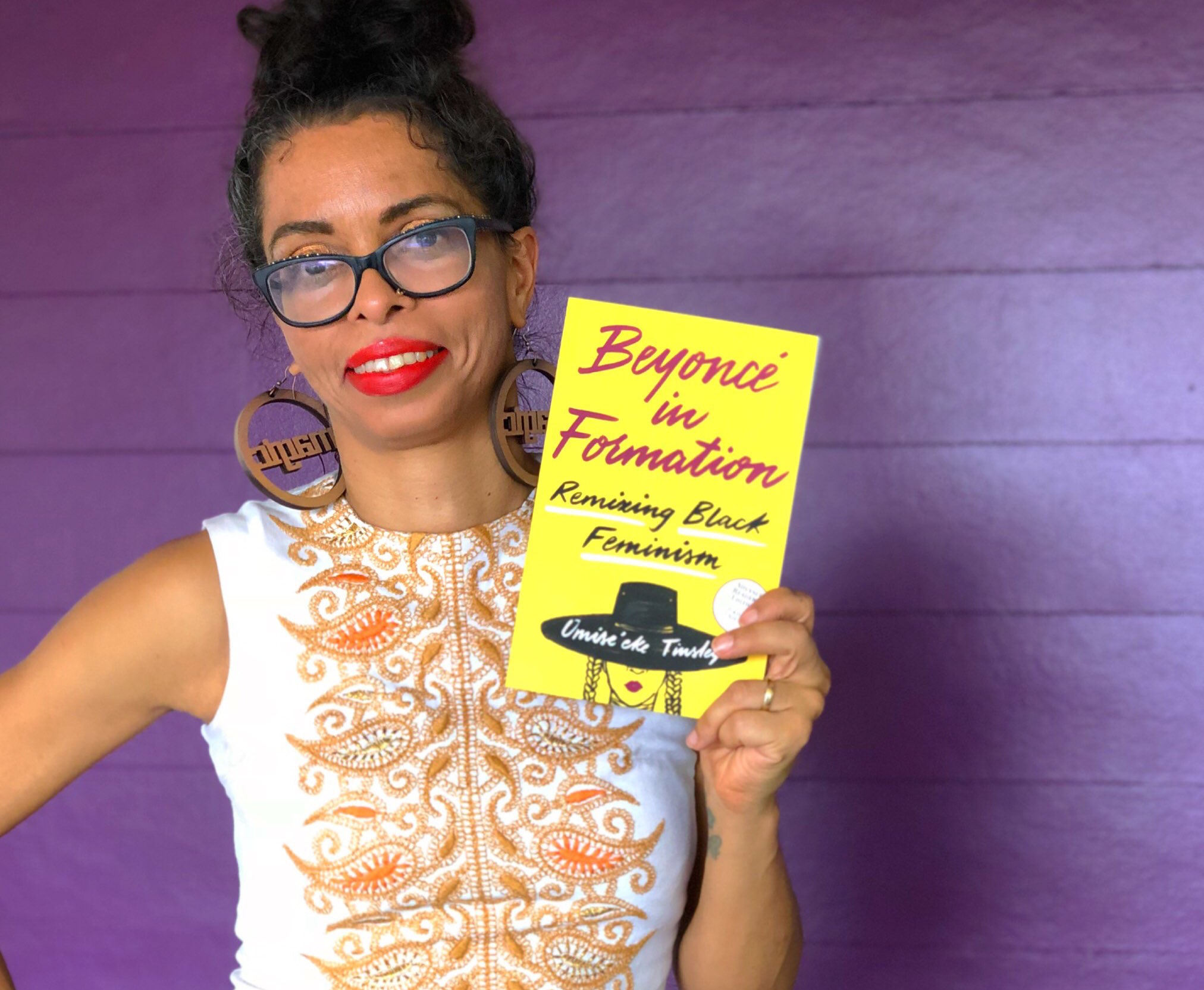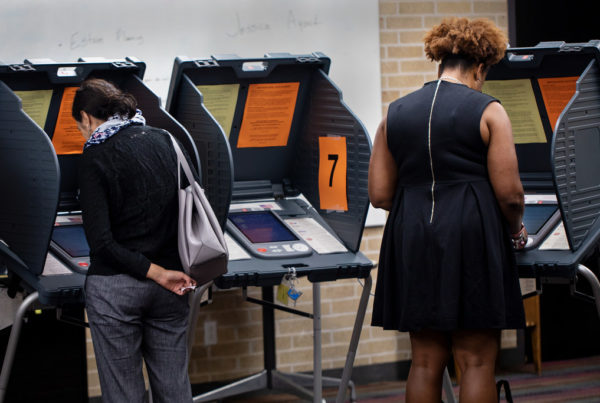Texas has produced its fair share of musical legends: Buddy Holly, Selena, Willie, just to name a few. But few performers, Texan or otherwise, have reached a level of international superstardom topping that of Houston’s native daughter, Beyoncé Knowles-Carter. And while she’s racked up Grammys and performed sold-out world tours, she’s also helped redefine feminism or, to be more precise, the meaning of black feminism in America.
That’s the premise of a new book out Tuesday, called: “Beyonce in Formation: Remixing Black Feminism” by Omise’eke Natasha Tinsley. Tinsley is an associate professor of African and African Diaspora Studies at the University of Texas at Austin, and is currently a visiting professor at Harvard. Critics are calling the book a mixtape memoir, and Tinsley says that’s because she incorporates into it elements from her famous class at UT – Beyoncé Feminism/Rihanna Womanism – plus parts of her own life.
“This is about how the issues that Beyoncé brings up in her music opens space for us to think about what feminism means in our own lives,” Tinsley says.
She says that Beyoncé’s album “Lemonade” was, in part, a look into the artist’s own family history in New Orleans and Houston, and that inspired Tinsley to do the same in her book. Tinsley grew up in San Francisco, but her grandparents are from Louisiana and Alabama. She says the a majority of African-Americans in the Bay Area had relatives who came there from the South after World War II.
“The stories that they had of the South were of a place where there was no opportunity for them, but I was always interested in Where did my family come from?”
When Tinsley moved to Texas in 2012 to start her job at UT-Austin, she decided to investigate her family history more deeply.
“It became a different kind of opportunity for me to drive to Louisiana, to meet family who live here in Texas,” Tinsley says. “I had heard the stories about why it was important to leave, but also to hear the stories about what nourished people who stayed here.”
















